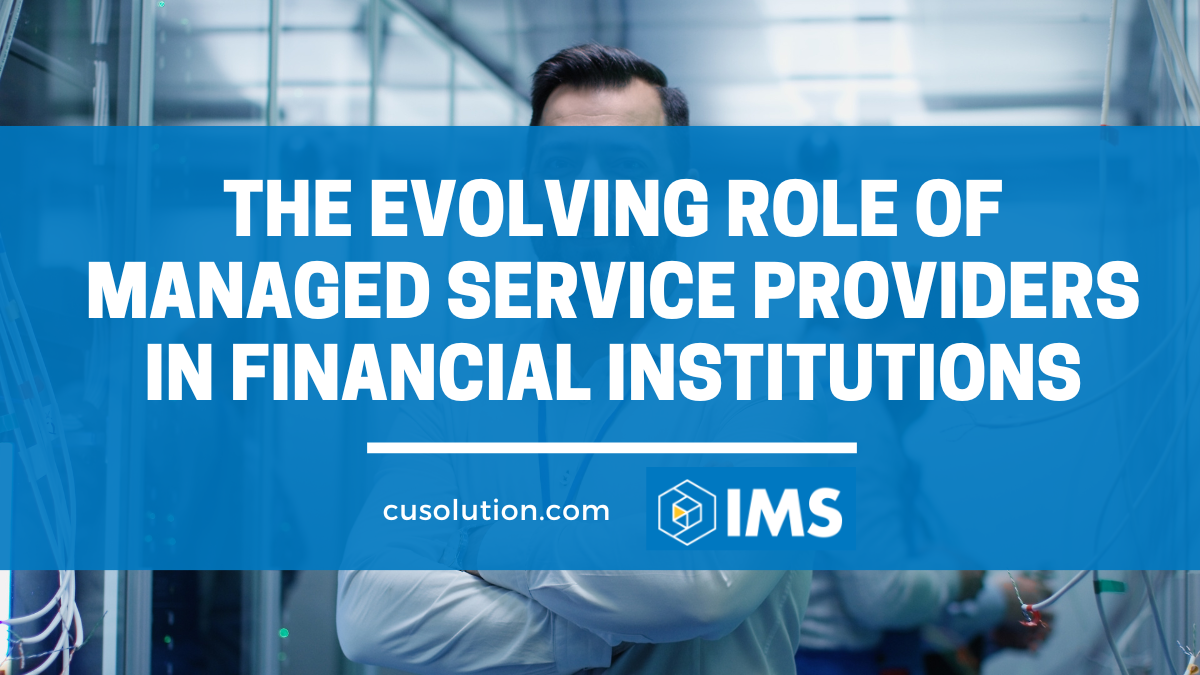Why Compliance Management Matters More Than Ever
Ensuring compliance management is no longer just a checkbox for annual audits—it’s a strategic necessity for businesses across every industry.
With evolving regulatory frameworks, expanding data privacy laws, and increasing scrutiny from oversight bodies, organizations are under pressure to maintain compliance at all times—not just when an audit looms.
The evolving regulatory environment means organizations must continuously adapt their compliance strategies to keep pace with new requirements and expectations.
Failing to meet regulatory requirements can lead to costly penalties, damaged reputation, loss of customer trust, and even legal action. In sectors like healthcare, finance, and retail, the stakes are even higher due to the volume of sensitive data handled daily.
Protecting customer data is essential to maintain trust and fulfill compliance obligations in these industries.
Today’s compliance landscape includes complex laws such as HIPAA, GDPR, and the California Consumer Privacy Act. These require organizations to protect customer data, ensure data retention practices are sound, and implement regular compliance audits.
It’s no longer feasible to manage all of this with outdated tools or overburdened internal teams.
That’s why businesses are turning to managed service providers (MSPs) to strengthen their compliance posture. Organizations must prioritize compliance as a core business driver to reduce risk and build trust.
MSPs help streamline compliance efforts, monitor risk, and ensure ongoing alignment with industry standards—all while freeing internal resources to focus on business operations and strategic initiatives.

Understanding the Role of a Managed Service Provider in Compliance
MSP compliance refers to how Managed Service Providers align their operations with industry standards, cybersecurity frameworks, and regulatory requirements. This alignment is essential for protecting client data, maintaining legal obligations, and ensuring operational integrity.
A managed service provider (MSP) plays a key role in helping businesses meet regulatory requirements and strengthen compliance.
Instead of relying solely on in-house resources, organizations increasingly turn to MSPs for expertise, tools, and proactive support.
Moreover, MSPs provide continuous compliance management, including system monitoring, risk assessments, and early detection of potential compliance gaps.
To support these efforts, MSPs establish adaptable compliance frameworks aligned with evolving regulations and security requirements.
With advanced compliance tools, MSPs automate workflows, making it easier for businesses to maintain compliance as regulations change.
Additionally, many MSPs support frameworks like HIPAA, GDPR, and CCPA, ensuring businesses stay aligned without managing every detail manually.
MSP compliance strengthens regulatory adherence, mitigates risk, and builds client trust by showing operational maturity and proactive security practices.
By implementing security controls, encryption, and access policies, MSPs also enhance data protection, a core requirement in all frameworks.
Finally, MSPs provide audit readiness support, ensuring systems and documentation are prepared for inspections or certifications when required.
They implement proactive measures to ensure compliance with industry standards and best practices. They don’t just react to issues—they help build a long-term compliance program that evolves with your business.
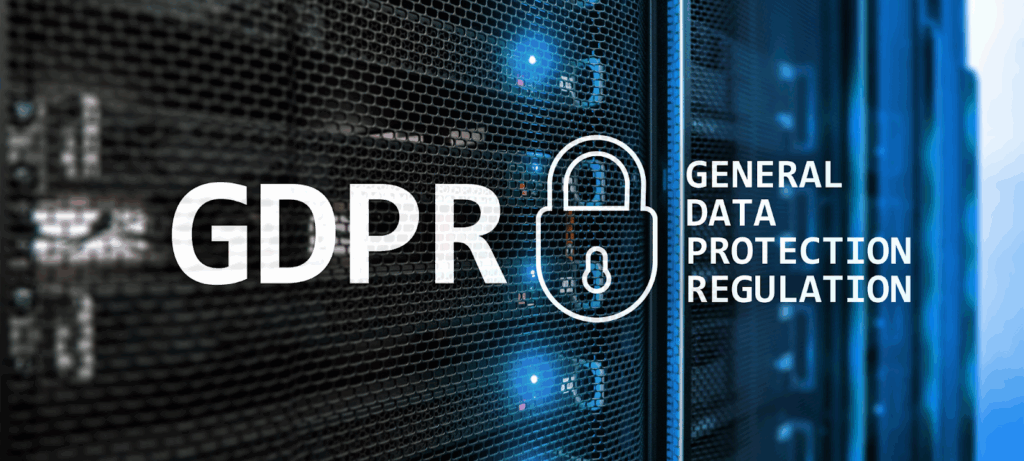
Common Compliance Challenges Faced by Growing Businesses
As businesses scale, so do their compliance challenges.
Whether due to increasing volumes of sensitive data, expanding digital infrastructure, or entering new markets with different regulatory requirements, maintaining a strong compliance posture becomes more complex—and riskier to manage without expert support.
One major hurdle is keeping up with regulatory changes.
Laws like the General Data Protection Regulation (GDPR), Health Insurance Portability and Accountability Act (HIPAA), and the California Consumer Privacy Act (CCPA) are constantly evolving.
Staying compliant with various regulations across industries is a significant challenge, as organizations must continuously monitor and adapt to new requirements. Falling behind can result in costly penalties, damaged reputations, and operational disruptions.
Additionally, as data moves across cloud services, devices, and geographic regions, organizations often lose visibility into where compliance data resides.
This makes data protection and access controls difficult to manage consistently, especially without a centralized strategy or toolset.
Other common compliance challenges include:
- Lack of skilled compliance professionals
- Ineffective compliance management tools
- Manual or outdated compliance processes
- Difficulty demonstrating compliance during audits
- Failure to align compliance with business operations and strategic initiatives
- Identifying and adhering to all relevant regulations can be difficult, especially as requirements differ by industry and jurisdiction.
Without a clear structure, many organizations also struggle with non-compliance due to misconfigured systems, incomplete documentation, or contractual obligations that go unmonitored.
A managed service provider can help businesses confront and overcome these challenges by providing tailored compliance solutions, integrating best practices, and ensuring all compliance efforts are aligned with both industry standards and regulatory frameworks.
Their support helps organizations achieve compliance efficiently, reducing risk and building trust with clients.
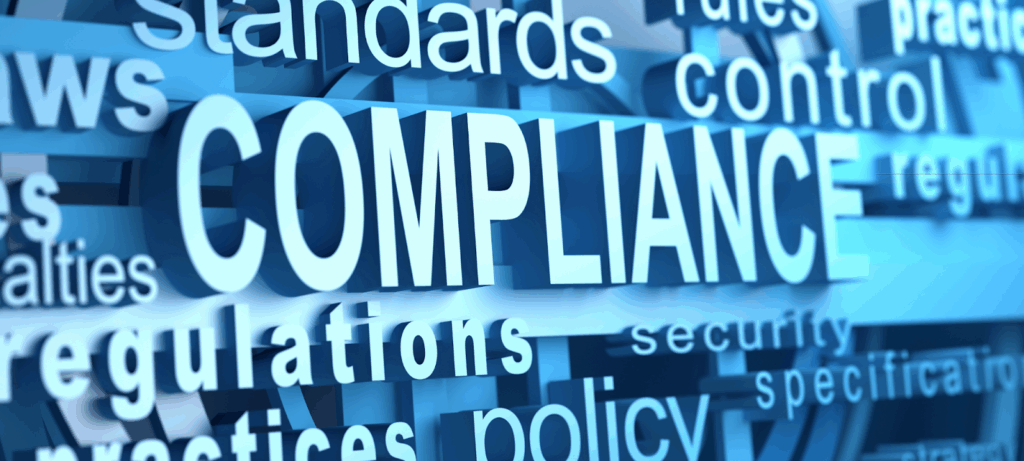
The Financial and Legal Risks of Non-Compliance
Non-compliance doesn’t just create administrative headaches—it opens the door to severe financial, operational, and reputational consequences.
As regulations become more rigorous and enforcement more aggressive, businesses that fail to maintain compliance face growing exposure to regulatory fines, lawsuits, and loss of public trust.
Key risks of non-compliance include:
- Hefty fines and penalties under laws like HIPAA, GDPR, or CCPA, which can total millions depending on the severity and scope of violations.
- Operational disruption, including forced shutdowns or restrictions imposed by regulatory bodies.
- Legal costs tied to investigations, lawsuits, and settlements. Non-compliance can also severely impact legal operations, making it harder to maintain efficient governance amid increasing regulatory complexity and data privacy concerns.
- Reputational damage from publicized data breaches or violations of regulatory requirements.
- Loss of business licenses or the ability to operate in regulated industries such as finance, healthcare, and education.
Moreover, failure to implement proper compliance management tools and security controls puts sensitive data at risk.
This not only increases the likelihood of data breaches and system failures but can also result in significant financial reporting errors—especially in industries with strict audit requirements.
In many cases, businesses underestimate the complexity of regulatory compliance and overestimate their in-house capability to manage it.
The result is often a patchwork approach that fails under scrutiny, triggering costly remediation efforts and putting the entire organization at risk.
By contrast, leveraging a managed service that specializes in compliance solutions can help organizations proactively identify compliance gaps, minimize exposure, and implement strategic initiatives that support long-term resilience.

How Managed Services Help Organizations Maintain Compliance
Managed services providers (MSPs) play a critical role in helping organizations achieve and maintain compliance with evolving regulatory requirements.
Their value extends far beyond basic IT support—offering expertise, technology, and strategic guidance that streamline complex compliance processes.
MSPs provide comprehensive compliance services, including ongoing monitoring, audits, and risk management, to help organizations meet regulatory standards and ensure security.
Here’s how managed services help businesses ensure continuous compliance:
Proactive Compliance Monitoring
MSPs offer continuous monitoring of systems, networks, and data flows to detect and address potential compliance gaps in real time. This ensures businesses are not just compliant at a single point in time—but remain so as their environments evolve.
Expert Knowledge of Regulatory Frameworks
Navigating HIPAA compliance, GDPR, CCPA, financial reporting, and other industry standards requires deep regulatory knowledge. MSPs employ compliance professionals who understand the nuances of various compliance regulations and know how to apply them in practice.
As part of their compliance services, MSPs are also responsible for managing information security, ensuring structured approaches and adherence to standards.
Automated Compliance Tools
Compliance management tools offered through managed services platforms allow organizations to track, document, and demonstrate compliance efficiently. These tools reduce manual effort, enhance visibility, and support audit readiness with built-in reporting and alert systems.
Policy Development and Documentation
MSPs assist in crafting essential compliance policies, access controls, and data governance documentation—elements often required to meet regulatory obligations and pass external audits.
Selecting the right compliance service provider is crucial for effective compliance management and successful policy implementation.
Regular Compliance Audits and Assessments
Through regular compliance audits, MSPs help identify vulnerabilities and recommend corrective actions. These internal reviews are invaluable for preparing for third-party audits and aligning with best practices.
By providing a comprehensive suite of compliance solutions, managed services providers offer the technical infrastructure and regulatory expertise businesses need to meet today’s demanding standards—without pulling critical internal resources away from their core business objectives.
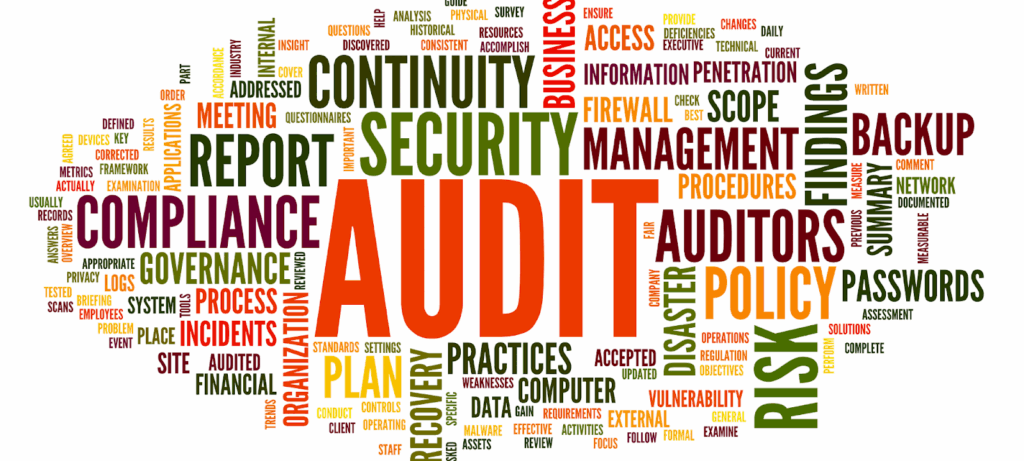
Key Benefits of Managed Services for Compliance Management
Continuous Monitoring and Real-Time Compliance Visibility
Managed service providers offer continuous monitoring across systems, data flows, and user activity, enabling businesses to identify compliance issues the moment they arise. This proactive approach reduces the risk of undetected violations and supports quick remediation.
Expertise in Regulatory Requirements Across Industries
MSPs are well-versed in industry-specific compliance frameworks such as HIPAA, GDPR, CCPA, and SOX.
Their compliance professionals stay current with regulatory changes, helping your organization align operations with evolving requirements without overwhelming internal teams.
Improved Data Protection and Access Control
By implementing strict access controls, encryption protocols, and layered security measures, managed service providers enhance your ability to protect sensitive data.
Protecting sensitive data is a fundamental benefit of working with MSPs, as it ensures compliance with mandates requiring secure handling of personally identifiable information (PII) and other regulated data types.
Streamlined Compliance Processes and Reporting
MSPs offer compliance management tools that automate documentation, audit trails, and policy enforcement. This reduces the manual workload, improves accuracy, and simplifies audit preparation—especially for businesses dealing with multiple regulatory bodies.
Reduced Risk of Non-Compliance and Financial Penalties
With regular compliance audits, risk assessments, and continuous improvement strategies, MSPs help reduce exposure to fines, lawsuits, and reputational damage.
By following industry best practices, MSPs maintain compliance and credibility, ensuring your business stays ahead of regulatory requirements. Their focus on identifying and addressing compliance gaps ensures that your business maintains a strong compliance posture.

Addressing Common Compliance Challenges with MSPs
Managing Complex Regulatory Landscapes
As regulations grow more complex and industry-specific, many organizations struggle to keep up with compliance requirements.
Managed service providers specialize in interpreting and applying these regulatory frameworks, ensuring compliance across multiple jurisdictions and sectors.
For example, MSPs help organizations address industry-specific standards such as PCI DSS, which is essential for businesses handling credit card information and requires secure payment data management and regular security assessments.
Bridging Compliance Gaps in Legacy Systems
Legacy systems often lack the flexibility or features necessary for modern compliance needs. MSPs can help identify potential compliance gaps and integrate security controls, logging tools, and compliance management tools without requiring full system replacement.
Supporting Hybrid and Remote Workforces
With a growing number of employees working remotely, maintaining compliance has become more difficult.
MSPs extend secure access controls, endpoint protection, and data retention policies across all environments—on-premises, cloud, and remote—ensuring continued protection of sensitive data.
Reducing Internal Resource Strain
Compliance management can overburden internal IT teams, especially for small to medium-sized businesses.
By outsourcing this function to a managed service provider, companies can maintain compliance while freeing up internal staff to focus on strategic initiatives.
Improving Audit Readiness
Regular compliance audits require extensive documentation, data trails, and risk reporting. MSPs streamline these processes, offering systems and support that improve audit readiness and help demonstrate compliance at any point in time.

Enhancing Audit Readiness and Reporting Capabilities
Streamlining Documentation and Evidence Collection
Maintaining compliance documentation can be time-consuming and error-prone if managed manually.
Managed services providers offer tools that automate the collection of audit trails, user activity logs, access reports, and data retention records—ensuring a consistent and well-organized compliance posture.
Real-Time Compliance Monitoring
Continuous monitoring allows MSPs to detect changes in compliance status the moment they occur. This enables organizations to respond proactively to potential compliance gaps and reduce the risk of regulatory violations, especially in fast-evolving security environments.
Automated Reporting for Regulatory Bodies
Whether reporting to HIPAA auditors, GDPR regulators, or industry-specific compliance bodies, MSPs deliver automated compliance reporting tailored to specific regulatory requirements.
For example, MSPs help organizations achieve and report on ISO 27001 certification, an internationally recognized standard for information security management.
This reduces administrative overhead and ensures organizations can demonstrate compliance quickly and accurately.
Supporting Internal and External Audits
Managed service providers assist in both internal self-assessments and third-party audits by ensuring all compliance data is centralized, up-to-date, and easily accessible. This level of transparency strengthens trust with regulators, clients, and stakeholders.
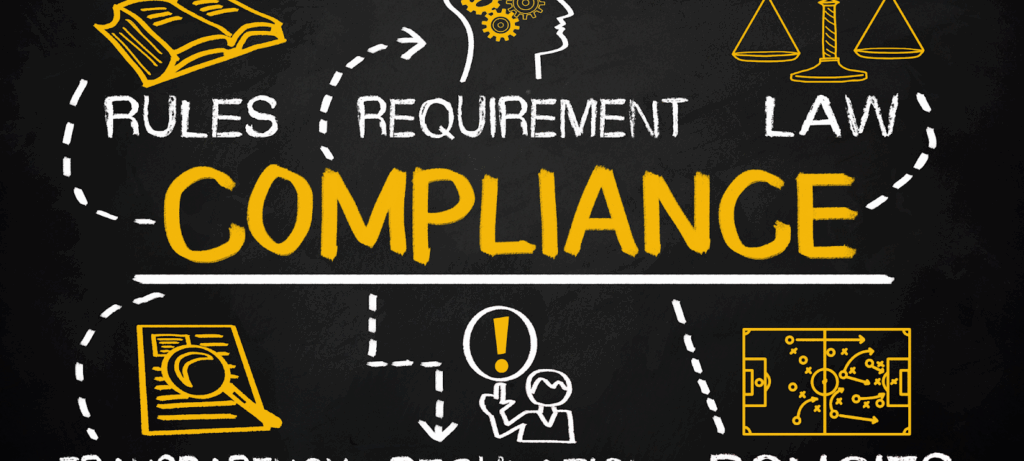
Balancing Compliance and Business Growth
Enabling Agility Without Compromising Standards
Maintaining compliance shouldn’t slow down innovation or digital transformation.
A skilled managed service provider (MSP) helps businesses align compliance requirements with strategic initiatives, ensuring new technologies, services, and expansions meet regulatory obligations from the start.
Scalable Compliance Solutions
As businesses grow, so do their compliance challenges. MSPs offer scalable compliance solutions that adapt to increased data volumes, new business locations, and evolving industry regulations.
For example, in healthcare, compliance solutions must address the protection of patient data to meet standards set by regulations like HIPAA, HITECH, and GDPR. This flexibility supports long-term business growth without adding unnecessary compliance risk.
Improving Operational Efficiency
By outsourcing compliance management to experienced service providers, internal teams can focus on core business operations. This reduces the strain on in-house resources while enhancing compliance posture through expert oversight and proactive risk management.
Protecting Business Reputation
Non-compliance isn’t just a financial risk—it can severely damage a company’s brand and customer trust. MSPs help prevent compliance failures by maintaining robust data security, regular compliance audits, and up-to-date security controls, all of which protect the organization’s public image.

Conclusion: The Strategic Value of Compliance-Driven Managed Services
Ensuring compliance is no longer optional—it’s a core requirement for sustainable business success across every industry. From healthcare and finance to retail and manufacturing, the pressure to meet evolving regulatory obligations is intensifying.
Managed services providers offer the specialized expertise, continuous monitoring, and compliance management tools businesses need to stay ahead of regulatory changes and avoid costly penalties.
By aligning compliance efforts with broader strategic goals, MSPs help organizations achieve operational efficiency, data protection, and business growth—without compromising compliance posture.

Struggling to keep up with compliance demands across your industry?
Let IMS Cloud Services help you streamline compliance efforts, close gaps, and protect sensitive data.
